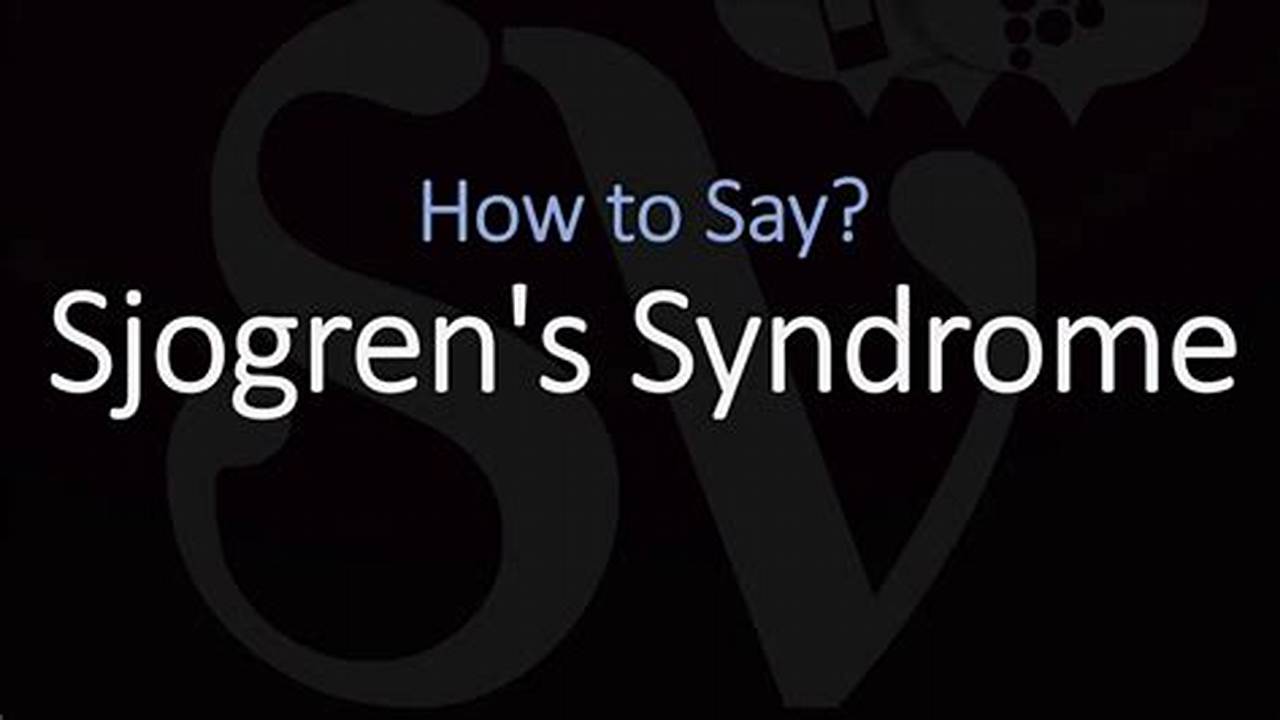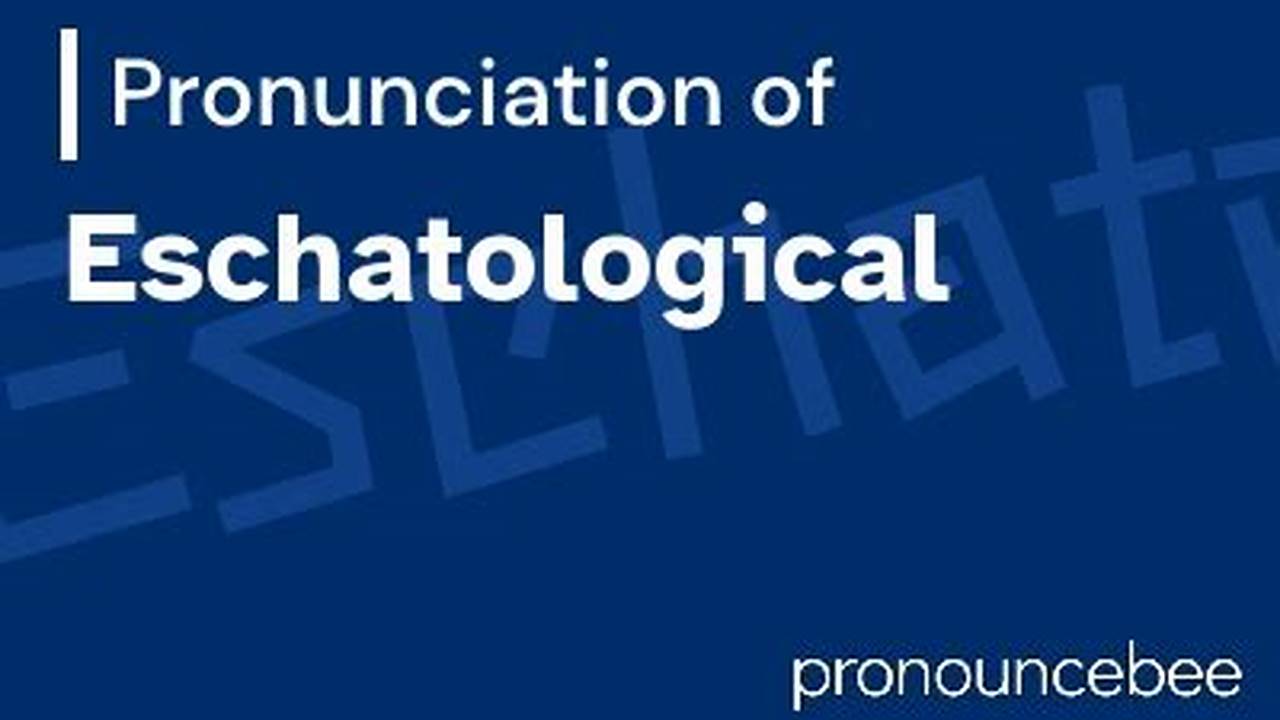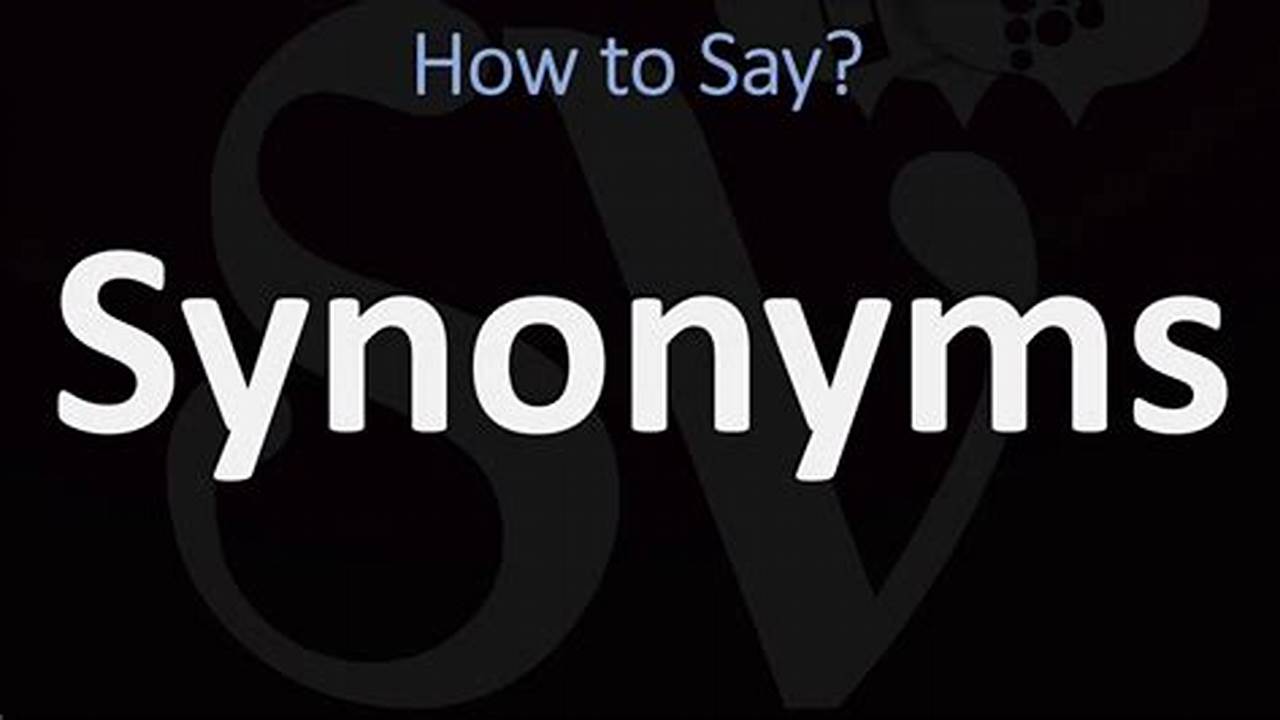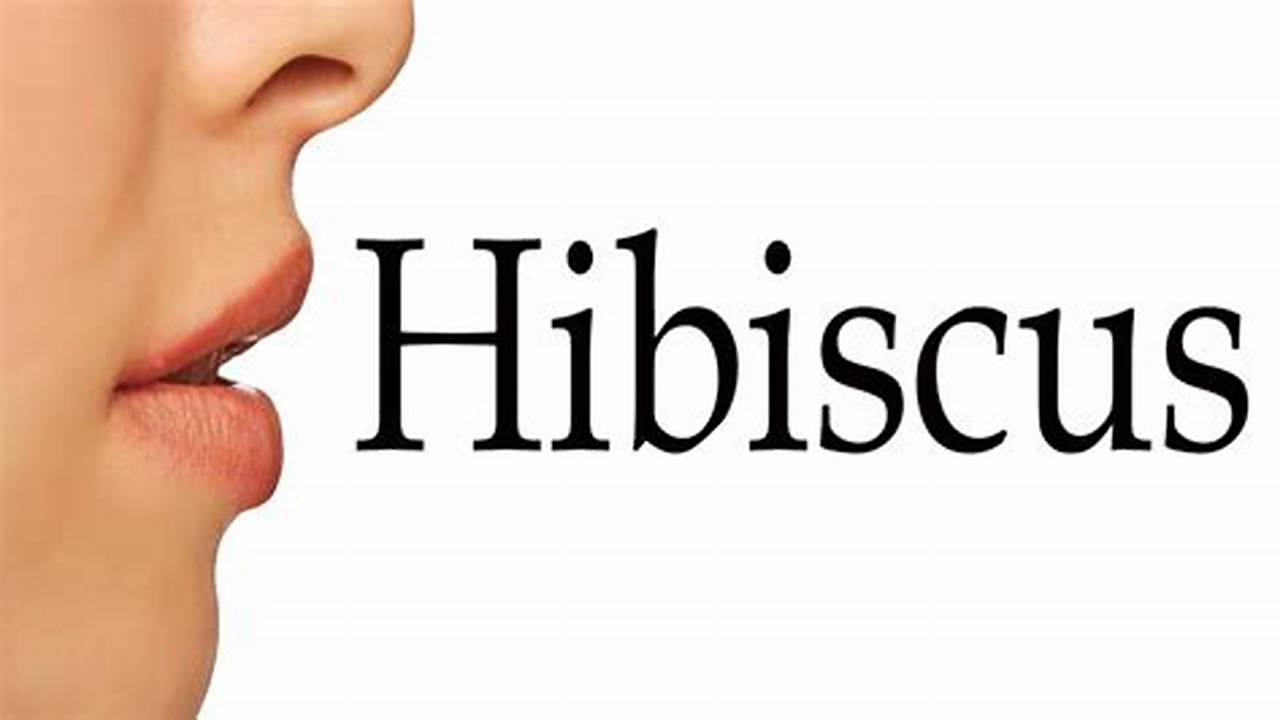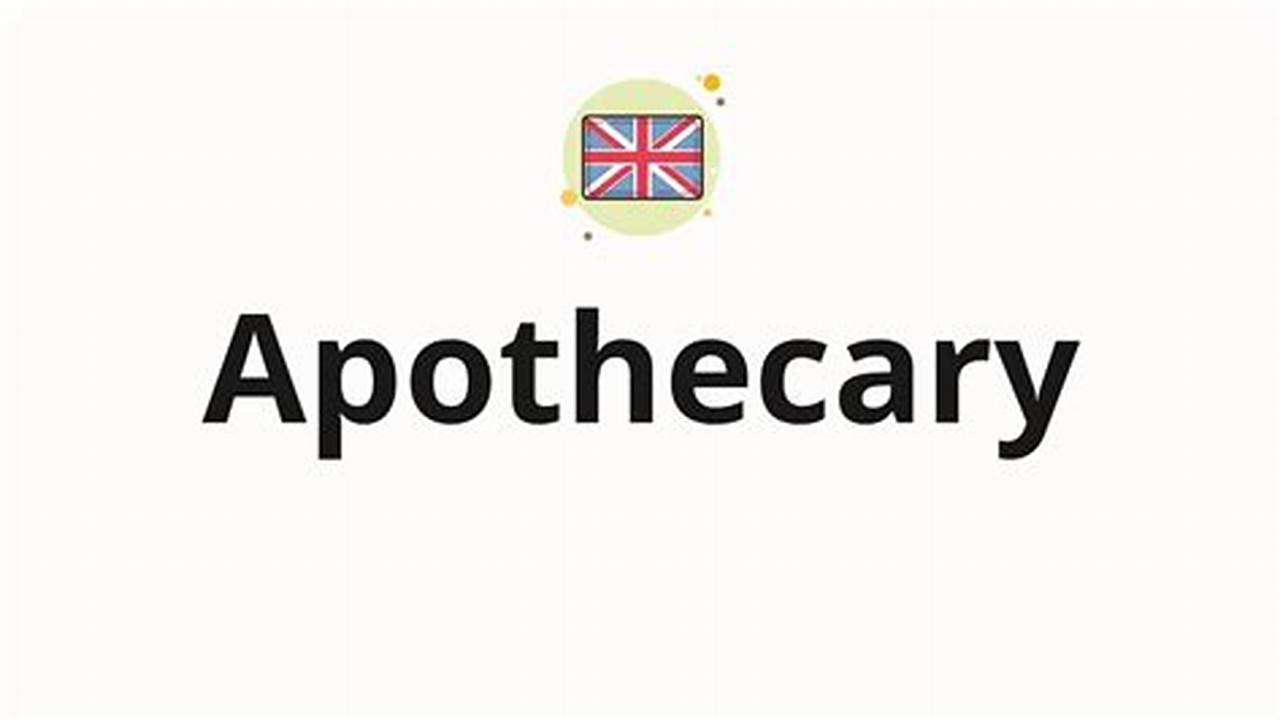
Bonjour is a French word pronounced as “bon-jour” and means “good day.” It is a polite greeting used to start a conversation or meeting. When it is pronounced correctly, it creates a lasting impression and sets a foundation for professional, social, and business engagements.
Knowing how to pronounce bonjour correctly is a sign of respect for French culture and customs and demonstrates a willingness to learn and appreciate the language. Pronouncing it correctly can also help to avoid confusion or misunderstandings.
